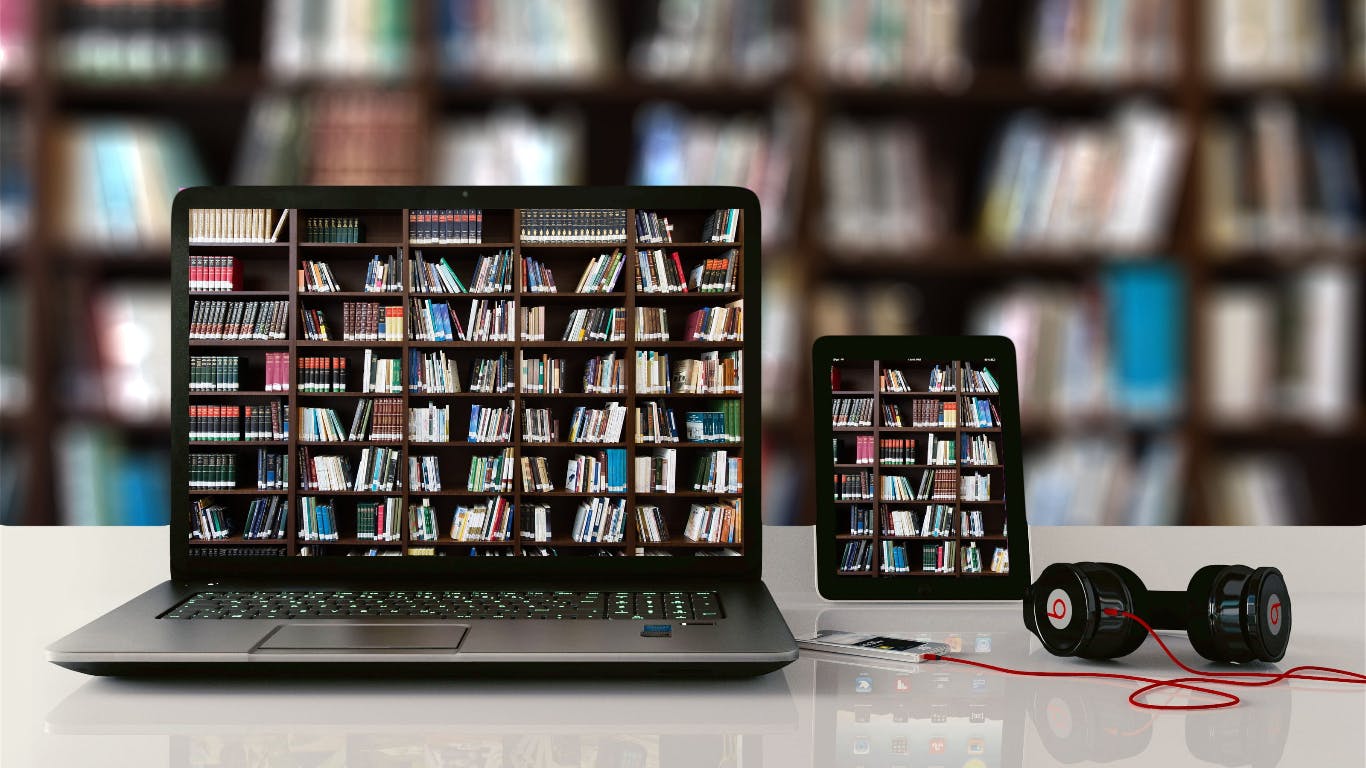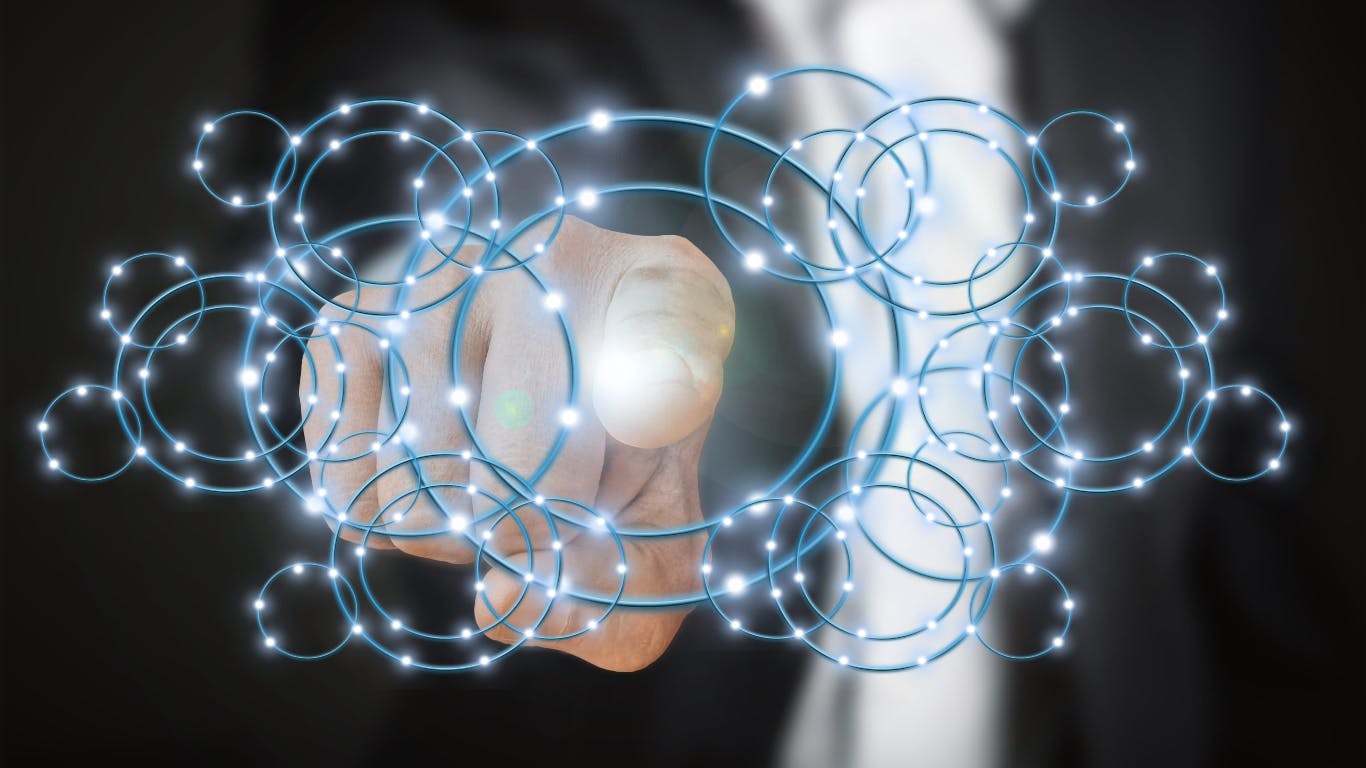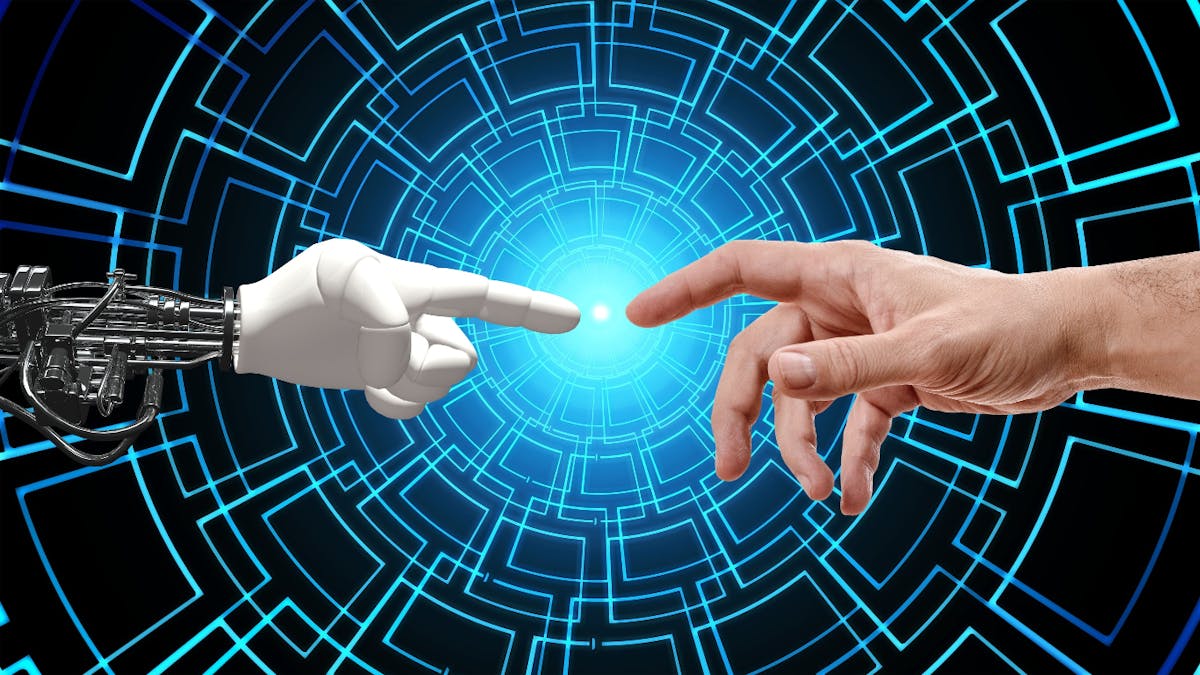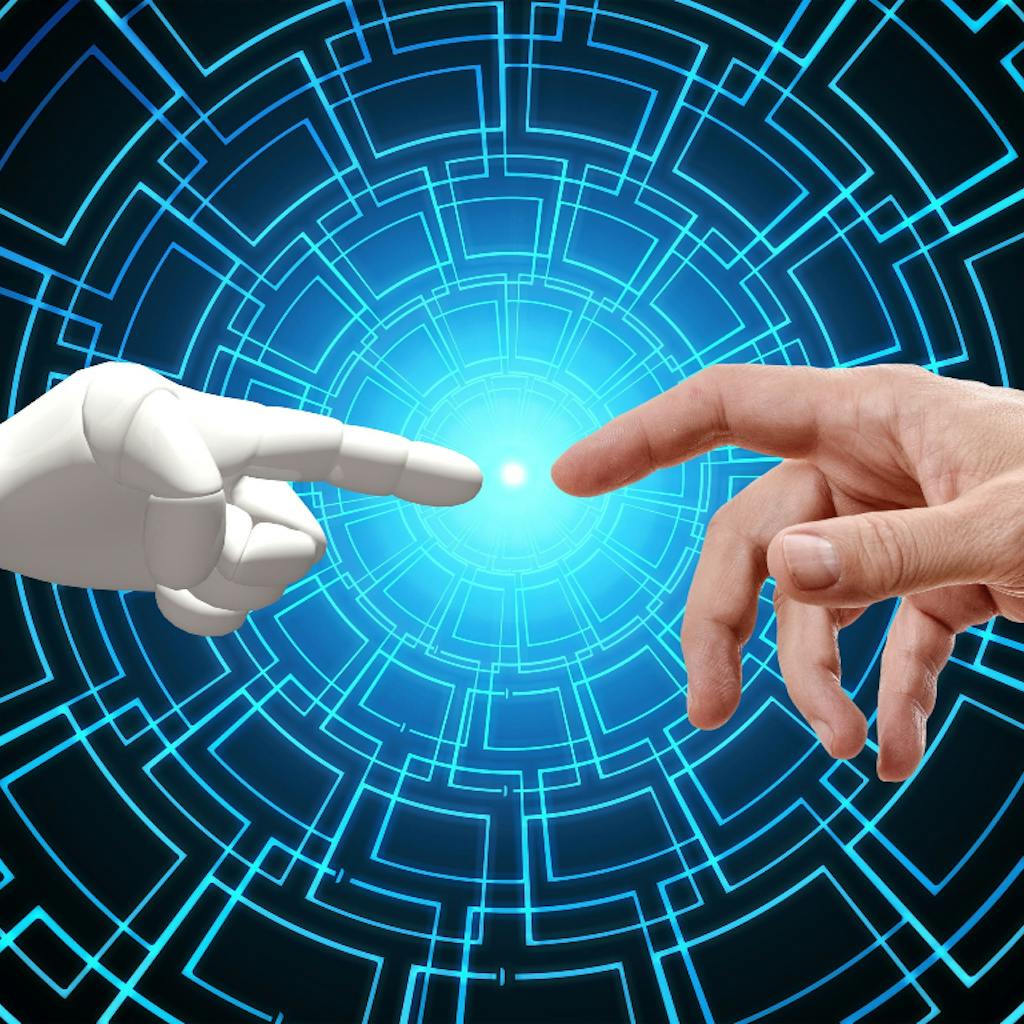About 5 months ago I attended a conference in Berlin that focused on “Freedom and Responsibility”. The main focus of the conference was to group together a crowd of curious, creative, and determined minds who are investing their time in the present to create in particular ways the society that will evolve in the future. As for the subjects discussed, some of them included Architectural designs revolutions for cities of the future, social reform plans to include third world countries in the futuristic progress of developed countries, and one that really caught my attention, the positive impact that artificial intelligence will play in the future of human life by replacing our role in the workforce.
How could this be possible? Artificial intelligence replacing humans… and that being something positive?
I don’t know about you personally, but to me, artificial intelligence had always sounded frightening, and the mere thought of having a society in which artificial intelligence plays a major role (to the point that in certain aspects it may even gain more power than humans) had always intimidated me.
But hey! It could be all part of that typical and annoying fear to the unknown. As a matter of fact, a great majority of human beings were reluctant and dare I say afraid of the developments of technology, internet, and computers in the early 80’s. And nowadays, it sounds surreal.
I mean how could we live without internet connection, computers and smartphones, right? Don’t get me wrong, I don’t say that in an entitled or frivolous way. I come from a country, Puerto Rico, in which we’ve had to endure hard weeks and months without even the most basic needs such as electricity and water, after the passage of massive hurricanes. But that’s a story for another day.
My point is, that the power that tools such as computers, smartphones and technology provide us, go beyond frivolous uses, and it would be nearly impossible, if not possible at all, to have progressed in fields of education, finances, and even healthcare if it wasn’t for the development of technology and machine learning that is accessible to a majority of us through the use of our computers, tablets and smartphones nowadays. Thus, even though this transition in society to an internet era was frightening at first, look how far it has taken us, and how well we have adjusted and adapted to the point where we are nearly dependent on it and cannot imagine our lives without it.
So what is holding us back from believing that artificial intelligence would not also have a positive impact in our lives, what if they replace human labor and actually improve our quality of life?
I’m aware however, that “it’s not always rainbows and butterflies”... changes, transitions, and evolution all come with consequences, and some of them may not be comfortable or necessarily positive. It is for this reason that in this series I propose to present 5 Pros and 5 Cons of the development of artificial intelligence to a point where machine labor could replace traditional human labor.

PROS
1. More freedom to choose our careers and paths
Human beings would most likely be able to explore their potentials in more than one field of expertise. Because human work might not be just work done based on necessity but on pleasure and on passion for what we engage in and what we invest our time in.
2. Selfless and volunteer work to help one another could become the new norm
Having machines who work in applying their artificial intelligence in resolving in an automated way the traditional works made by humans, would leave us with plenty of time to engage in those extra acts of kindness and voluntary work that we tend to put to the side for lack of time. There is a potential of more time for human labor to be offered as volunteer work for the benefit and further progress of human knowledge and development.
3. Discover and better yourself constantly
If the jobs we take on are no longer motivated on dependency, and our work is not rushed by the need that sometimes drives us to make mistakes, or lose our focus, we could have more time to focus on doing and learning the fields that we are truly interested in, we can spend more time in gaining and creating access to more information, and become equipped with more knowledge. We could constantly dedicate our time to study in depth all of our real interests, and excel in these fields.
4. Hobbies = Full time jobs
We would gain the opportunity to engage in a more “humane” and passionate approach to life. What truly drives us, the hobbies we have, the activities we presently engage in, in our free time, could become our daily lives and our full time jobs.
5. Allow for the expansion of Creativity
The replacement of human labor by artificial intelligence would open the leeway for human beings to focus on careers that stimulate creativity, leaving the more automated, repetitive, and monotone work to be performed by machines. Our professions would no longer be decided based on economical factors or opportunities alone or in part, because the jobs available for us would be the ones that only humans can perform.
It is frequently discussed that Artificial intelligence lacks creativity, and creative fields are exactly the type of fields that have been long forgotten, mainly because at this point in history not everyone can afford to allow him or herself the opportunity to chase a career or profession that is solely based on the use and expansion of our creativity.
The introduction of labor of artificial intelligence, and its replacement for human labor, may serve to provide an open space in society for human beings to explore, expand, and create without placing limits on our imagination. As Albert Einstein once said: “Creativity is intelligence having fun” So I would dare to say: thank you AI for keeping the mundane tasks, and letting me use my intelligence to have some fun and reach its full potential!
CONS
1. It is unknown
It would be unrealistic to start off this list without stating the fact that artificial intelligence and machine learning development is relatively new, and as such it is an unknown field. Introducing this type of technology into our daily lives, and most importantly interacting with robots and artificially intelligent machines will most likely be resisted by many and could potentially cause more than one existential crisis.
2. Complex ethical and moral debate
It has always been known that what differs the human kind from animals is our intellectual capacity, our intelligence, and our ability to learn, not solely based on instinct but on logic. But this line will be blurred out if artificial intelligence develops to a point where machines can learn just as fast, and just as effectively, as humans. Even more, if they get to the point where they learn much more, much faster than humans. The ethical and moral debate would potentially evolve as to question how to treat robots differently than humans if we both have the same learning capacity, or if they are helpful to us in infinite ways. What if they get to the point where they become friends, would they be deserving of compassion, or even love.
Movies such as “Her” directed by Spike Jonze depict this exact scenario. If you haven’t watched it and are interested in this subject, or are even curious about it, I highly recommend it.
3. Potential of increasing unemployment
Artificial intelligence works in a more precise, more efficient, and more accurate way than humans. This is usually a positive motivation for the development of machine learning. However, this could also potentially mean that machines would execute an increasing amount of jobs that have traditionally been performed by humans, leaving us out of the workplace perhaps entirely in certain fields. It is well known by now that there are certain professions that could eventually disappear, as machines will take over and more likely deliver a more rapid and efficient work product than what humans are able to.
4. Could create Dependency
Dependency on technology and machines is not an unknown field for us. Even centuries ago, humankind has relied on machinery to fully perform daily tasks. As early as the 4th century, it has been reported that the first machine- a water powered machine-was invented in the Persian Empire. The rest is history, and nowadays our lives revolve around machines, and technological devices. But artificial intelligence brings a new risk with it, and that is the potential of a machine to learn as it works and to become more powerful with each use. This could create an infinite dependency on machines, leaving us with barely any tasks to do by ourselves.
5. Expensive $
Now it is imperative to talk business! When it comes to innovation, technology, science, and machines the economical factor always plays a major role. The development of artificial intelligence is not the exception, on the very contrary, if anything, artificial intelligence is the combination and personification all the above mentioned: innovation, technology, science, and machines. It is costly to even research this development, because it is the human invention of a new “being” , the stimulation of knowledge in a machine, and the perfect engineering to guarantee safety and precision in the tasks they are programmed to perform.
There is, after all, a bright side for the ones who are skeptical about this development: You may take a deep breath and enjoy life as it is for quite some more time! The development and even more so the replacement of artificial intelligence for human work may take even more years than what has been, for decades, casually predicted.

Do you agree or do you disagree? Share with me, why? I’m intrigued to know your stance on this subject!
As with every aspect of the future...only time will tell.









